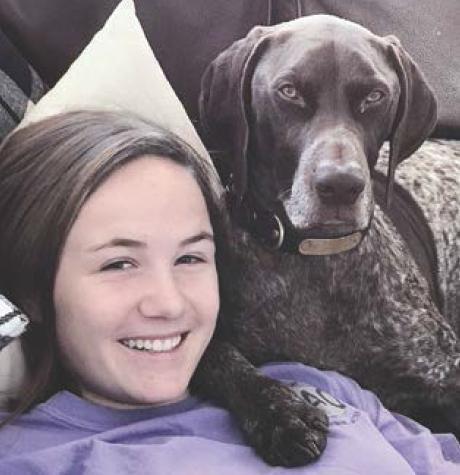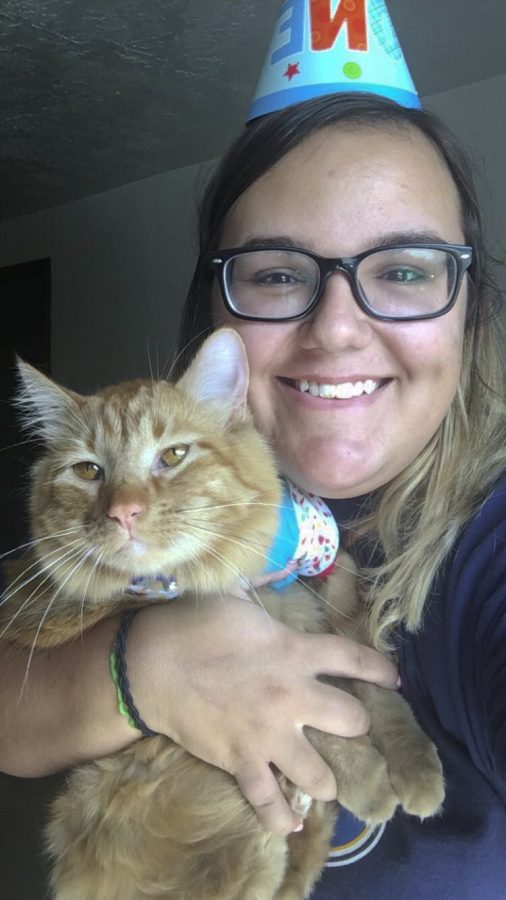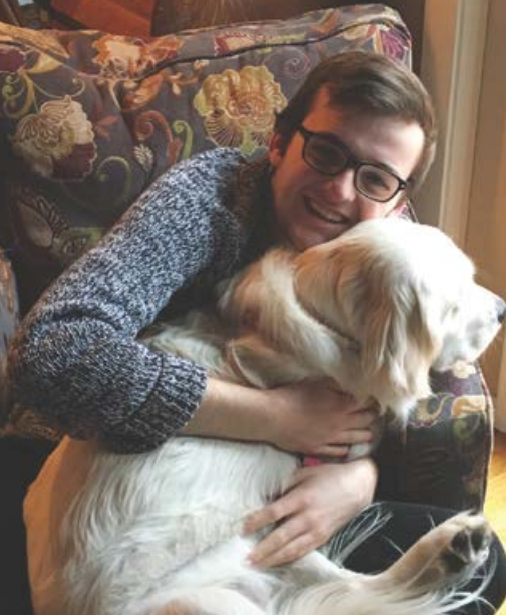Reverend discusses balancing congregation, classes
Rev. Anthony Witherspoon is a man who loves to teach. Whether it’s in a classroom at Saint Louis University or at the church that he ministers, he seeks to challenge the minds of his students and the members of his congregation.
Witherspoon, an Adjunct Professor in the Department of Sociology and Anthropology, teaches a course on “African American Religious Tradition.” When he is not at SLU, he serves as the pastor at the Washington Metropolitan African Methodist Episcopal Zion in St. Louis where he has been serving since 1999.
The course that he teaches at SLU highlights the mainline Christian denominations that have come out of Africa.
“Many faiths came out of the religious practices of African/African Americans, even during the time of slavery,” said Witherspoon. “Slaves could be witnessed blending the religious practices brought from slavery with those practiced in America.”
In accordance with this idea, Witherspoon teaches his students that African American religion “has a past, present and redemptive future. It has impacted the world and gets stronger every day.” He is a pastor at a church that came out of this religious tradition – the African Methodist Episcopal Zion (AMEZ) church.
Not to be confused with the African Methodist Episcopal church, AMEZ has a distinct history. The AMEZ church was founded in 1796 in Harlem, N.Y. According to the church’s official website, the church professes the historical faith in God, who outpouring himself, was a clear incarnate in Jesus Christ for our salvation. By God’s grace and the supremacy of His Holy Spirit, all believers become the new humanity.
Witherspoon’s church, Washington Metropolitan, was founded in 1865 near modern-day Delmar Blvd. and has since moved to North Garrison. The church stands as the “mother church” of the denomination, west of the Mississippi River.
He became the pastor of the church in 1999 and began to renovate the existing structure and provide direction for a new generation of AMEZ members.
“The church is very proud of its history, having stood as a vanguard whose accomplishments are not limited to building affordable housing/apartments, as well as a senior living facility,” said Witherspoon. “The church was the first African American church to sponsor such an undertaking, as many churches in the community have since followed suit.”
Witherspoon is originally from Charlotte, N.C. He received his bachelor’s degree from Livingstone College in North Carolina. He then received his master’s in divinity from Duke University and has completed his doctorate of ministry degree from Eden Theological Seminary in Webster Groves, Mo. Previously, he taught at Mount Olive College and North Carolina Wesleyan.
In 1994, Witherspoon met Vernon King, a nephew of the late Martin Luther King Jr. They quickly became friends and were involved in discussions of how to challenge the black community to rise to its fullest potential.
“His friendship afforded me to not only witness the impact of Dr. Martin Luther King, Jr. upon his life, but also the strength that exuded from his own parents, sibling and legacy wrought by them,” said Witherspoon. “He has left an indelible mark upon my life.”
Witherspoon commented that several of his collegues still talk about Vernon King. “He is gone physically but not forgotten.”
In 2008, the professor received the Ernest A. Calloway, Jr. Excellence in Teaching Award from Saint Louis University.
Witherspoon balances teaching in two different capacities as a professor and a minister. He said that it takes “sheer dedication” to do both, but that pastoring takes precedence because of his role at his church. However, wanting to making a difference at SLU, it is his hope that his students at SLU are able to “refute ignorance and injustices.”
“I hope the students in my class gain a deeper knowledge of the impact, strength and depth of history; a history that is not always taught in totality, nor in complete truths,” said Witherspoon. “I seek to promote a pride that is not ashamed of a many times dark past, but opens the door for deeper awareness that brings out their very best.”













